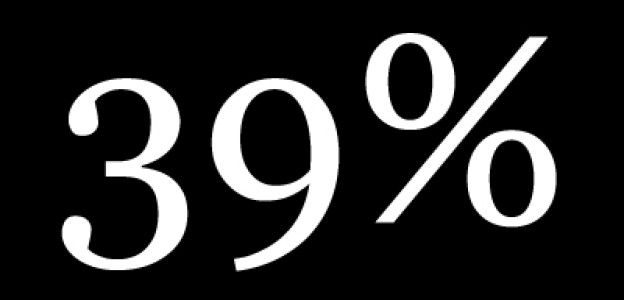06 May 2019
Information Overload! What You Should Focus On When Purchasing A Business
Authors

Are you purchasing a business? Do you need a list of things to tick off for your due diligence? Take a look at this short article that outlines what you need to consider.
Most sale and purchase agreements will be conditional on the purchaser being satisfied with a due diligence investigation of the business. This is advantageous for a purchaser because it usually allows them to subsequently cancel the agreement if they are not satisfied with the results of that investigation.
However the due diligence process can be overwhelming if it is not started early enough. Here are some of the more important matters which need to be investigated as part of due diligence.
Financial Records
Your accountant should review the financial statements for the business for the last three years. In addition to this, GST returns for the business should be reviewed to identify any perceived inconsistencies in the financial statements.
Your accountant will be able to provide you with advice on any areas of concern and whether what you are proposing to pay is close to the fair market value of the business.
Asset Register
The list of tangible assets being sold should be reviewed carefully with your accountant. Furthermore, a physical inspection of these assets should be undertaken to determine whether they are in reasonable working order.
Purchase Price Breakdown
Ideally, the breakdown of the purchase price should be agreed prior to the agreement being signed, however, occasionally this is left to be agreed during due diligence.
Purchasers will usually want a higher value placed on the tangible assets so they can depreciate these assets by a greater amount in the future. Conversely, vendors will want a lower value placed on the tangible assets so they pay less depreciation recovered to the IRD. Again, accountancy advice should be sought on these issues.
Lease
Most businesses will be sold subject to a lease. The lease should be carefully reviewed by your lawyer. In particular, the following matters should be considered:
How long is remaining in the current term? Are there rights of renewal and, if so, how many?
How often can the rent be reviewed? Are the rent reviews in accordance with changes in the CPI or are they market rent reviews?
Is the business use under the lease wide enough to allow you to undertake your proposed activity?
Are there any unusual terms included in the Further Terms of Lease?
What alterations or additions has the tenant made during the term of the lease? This is particularly important as you will be required to reinstate the premises at the end of the lease if required by the landlord. This may involve removing the fit-out undertaken by the previous tenant.
Landlord Approval
Following on from this, if there is a lease to be assigned, the landlord will need to provide its consent to the assignment.
In order for the Landlord to provide its consent, you will need to provide:
Details of your experience in the particular industry;
A full statement of your financial position;
A personal guarantee if you intend to lease the premises through a company.
This information should be provided as soon as possible following the agreement being signed.
LIM Report and Title
If the business is operating from a property, the record of title should be reviewed to determine whether there are any registered interests that need to be considered.
For example, there may be land covenants which prohibit certain uses of the property or there may be easements which allow a neighbouring owner to use the property.
A LIM report will advise all building and land use consents obtained for the property, the flooding and contamination history, drainage information and any other information held by the Council.
Employees
Depending on the terms of the agreement, you may have an obligation to offer employment to some or all of the existing employees of the business. It is important to review the employment agreements to determine what terms of employment the staff might expect.
Supply Agreements
There may be important agreements with certain customers or suppliers that are integral to the business. These contracts should be reviewed as part of due diligence and confirmation should be sought that these contacts can be assigned to you on settlement, or that new contracts can be signed with these parties.
Licences
Depending on the type of business you are purchasing, there may be certain types of licences which are required to operate the business e.g. a food safety licence or a liquor licence. Again, it is imperative that these are reviewed early and you are familiar with the requirements to obtain these licences.
Summary
When purchasing a business, due diligence can be overwhelming at times. It is important to start the process early and make sure you have competent advisors assisting you during the process.
The above information is of a general nature only. You should contact our firm for advice relating to your specific circumstances.








